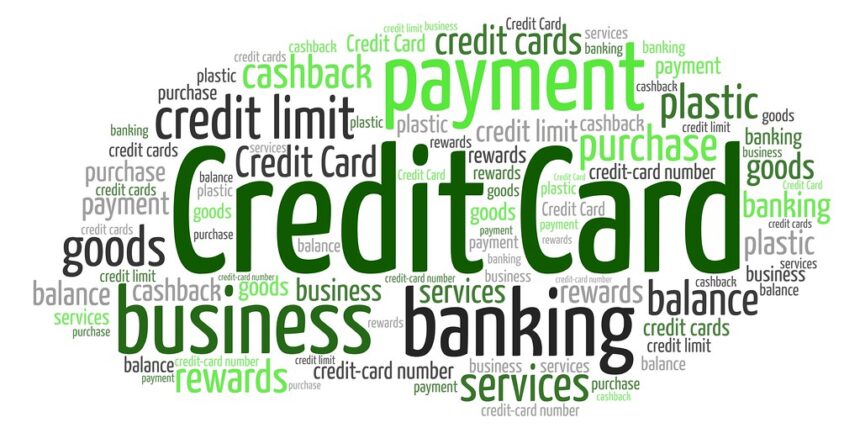Credit Monitoring: How To Strengthen Your Financial Security
Introduction
In today’s digital age, safeguarding your financial security is of utmost importance. One effective way to achieve this is through credit monitoring. By monitoring your credit, you can stay on top of any changes or fraudulent activities that may affect your financial well-being. In this article, we will delve into the importance of credit monitoring and provide valuable tips to strengthen your financial security.
1. Why Credit Monitoring is Essential
Credit monitoring allows you to keep an eye on your credit reports and quickly detect any suspicious activities. Whether it’s an unauthorized financial transaction or a sudden drop in your credit score, being aware of these changes helps you take immediate action to minimize potential damage.
2. Regularly Check Your Credit Reports
One of the primary ways to monitor your credit is to review your credit reports regularly. By law, you are entitled to obtain a free credit report from each of the major credit bureaus every year. Visit AnnualCreditReport.com to access your reports for a comprehensive overview of your credit status.
3. Consider Credit Monitoring Services
If you want real-time credit monitoring and alerts, subscribing to a credit monitoring service can provide extra peace of mind. These services actively monitor your credit reports, sending notifications whenever there are any significant changes or suspicious activities detected. Consider using a reputable service like WeatherCheckers Credit Monitoring to ensure advanced protection against potential threats.
4. Secure Your Personal Information
Protecting your personal information is crucial in guarding against identity theft and unauthorized access to your financial accounts. Be cautious while sharing sensitive information online and use strong, unique passwords for all your financial accounts to prevent easy breaches.
5. Enable Two-Factor Authentication
Two-factor authentication adds an extra layer of security to your online accounts. By enabling this feature, you will receive a code on your registered mobile device or email whenever you attempt to log in. This ensures that even if someone has your login credentials, they cannot gain access without the verification code.
6. Monitor Your Credit Card Statements
Regularly review your credit card statements to identify any unauthorized transactions or discrepancies. If you notice anything suspicious, contact your credit card provider immediately to report the issue. Many credit card companies offer zero-liability policies, ensuring you won’t be held responsible for fraudulent charges.
7. Be Wary of Phishing Scams
Phishing scams attempt to obtain your personal information by masquerading as trustworthy entities. Be cautious while clicking on links or providing personal details via email or unknown websites. Use antivirus software and never share sensitive information unless you are certain of the legitimacy of the request.
8. Monitor Your Credit Score
Your credit score is a crucial indicator of your financial health. Regularly monitoring your credit score allows you to track any changes or inaccuracies that may arise. A sudden drop in your score could indicate fraudulent activities, warranting immediate action.
9. Set Up Fraud Alerts
Contact your credit bureaus to set up fraud alerts on your credit reports. These alerts notify potential lenders that they should take additional steps to verify your identity before granting credit in your name. Fraud alerts add an extra layer of protection against identity theft and unauthorized access to credit.
10. Educate Yourself About Financial Security
Stay informed about the latest financial security practices and scams targeting consumers. Regularly read credible sources, follow financial experts, and remain aware of common tactics used by fraudsters. Knowledge is your best defense against potential threats.

